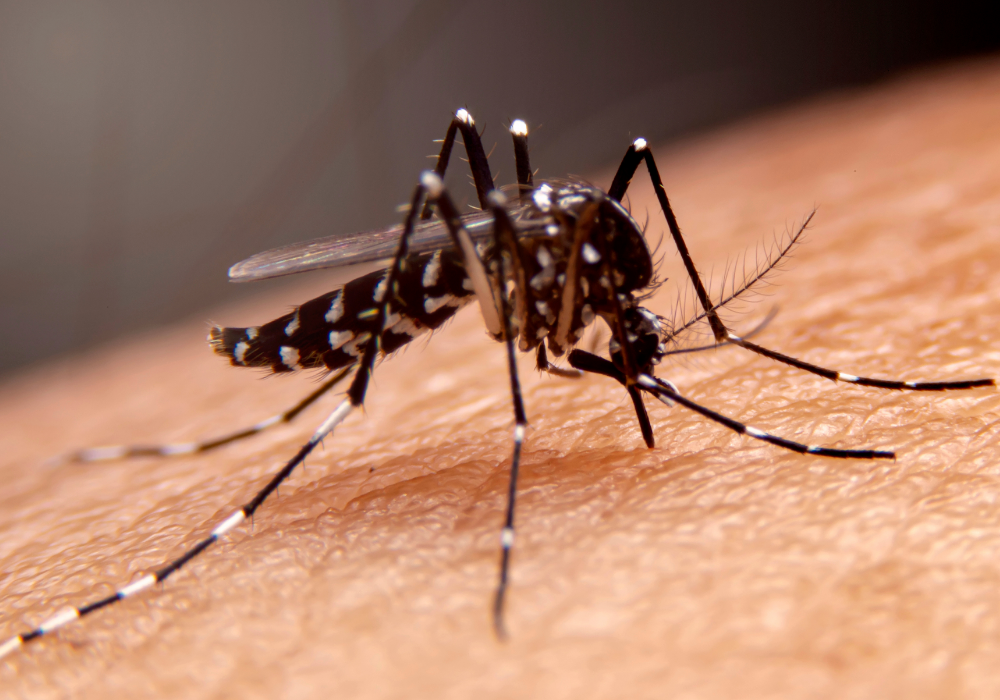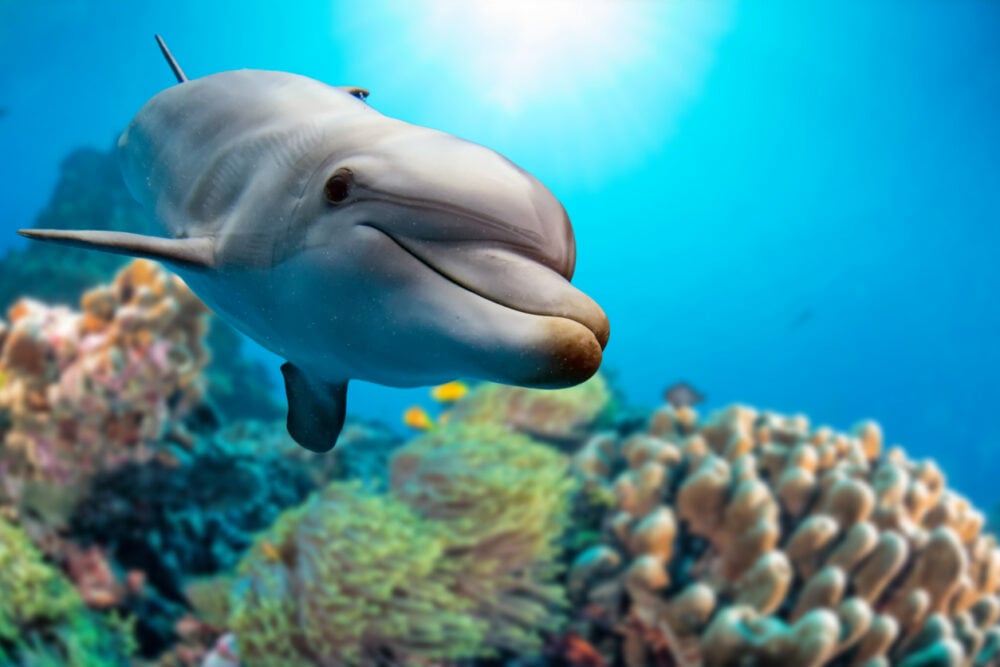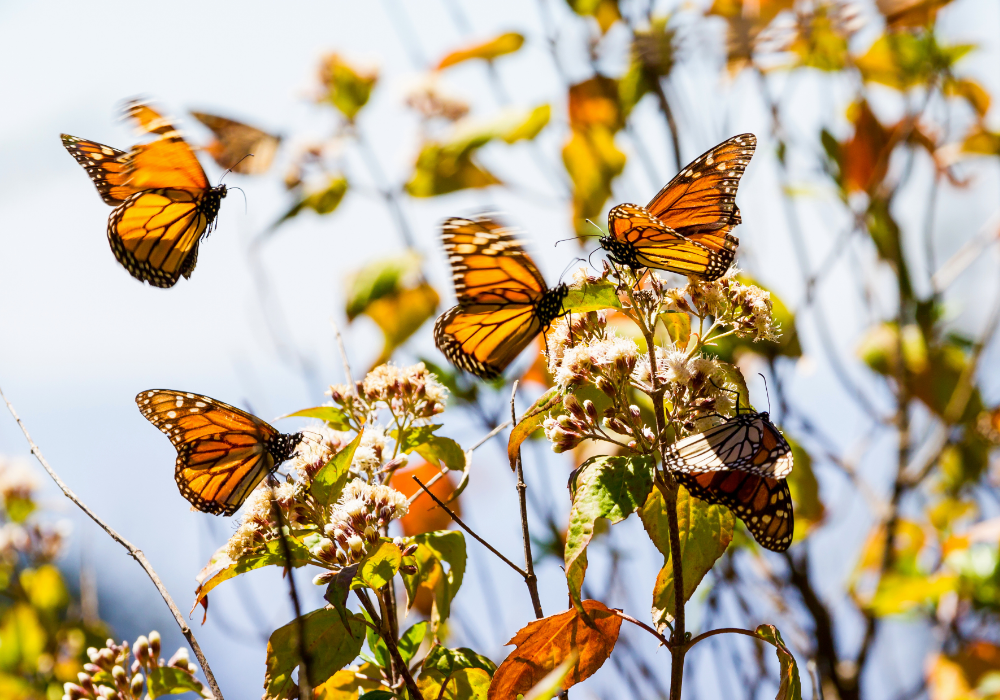New studies suggest feline dementia may mirror early changes seen in Alzheimer’s patients.

Cats with dementia exhibit behavioral changes that mirror aspects of Alzheimer’s disease in humans, offering valuable insights into neurodegenerative conditions. By studying shifts in routine, cognition, and social interaction in aging cats, researchers can better understand cognitive decline and its progression. These animal models help bridge gaps in knowledge, providing a comparative lens to inform Alzheimer’s research and improve approaches to care and treatment.








